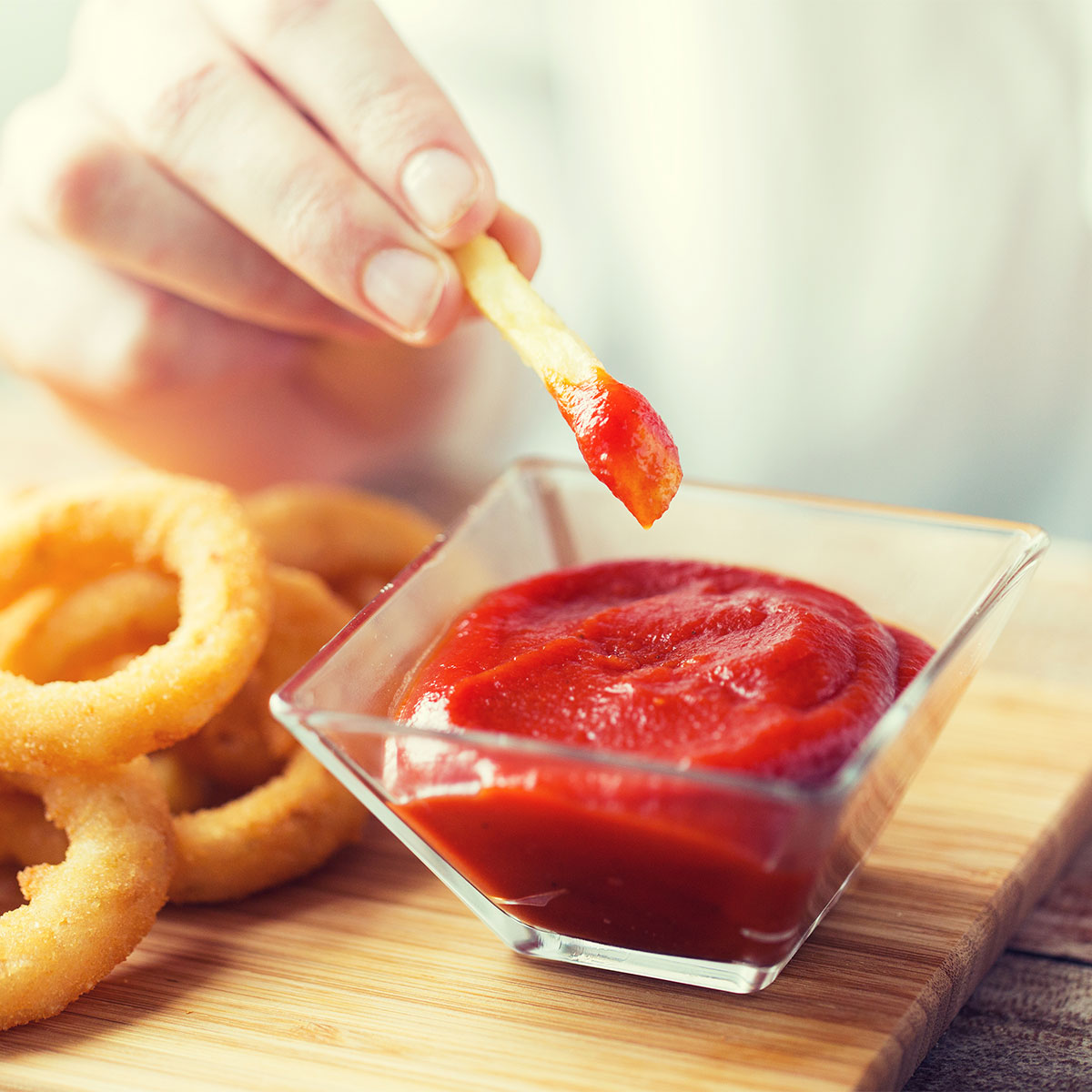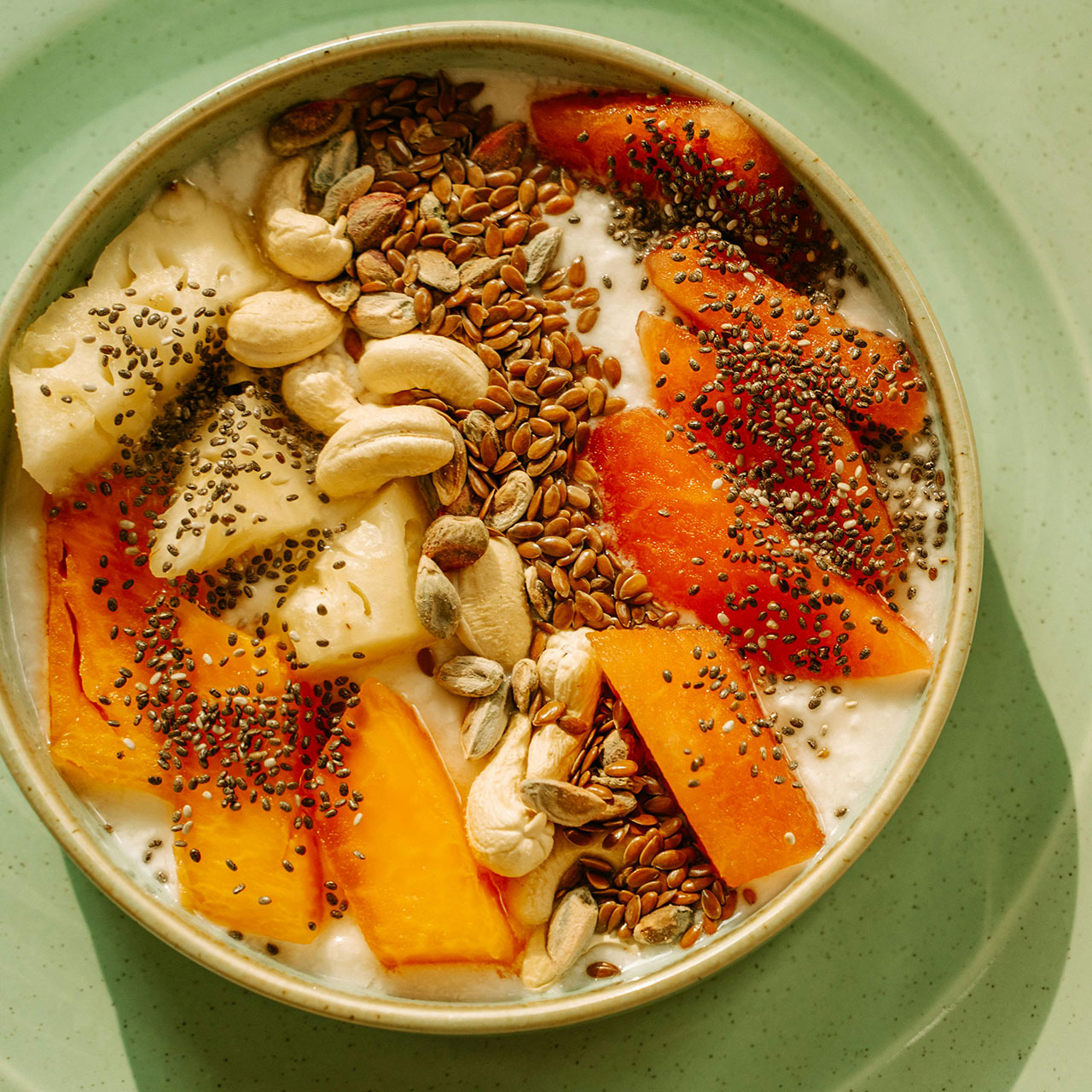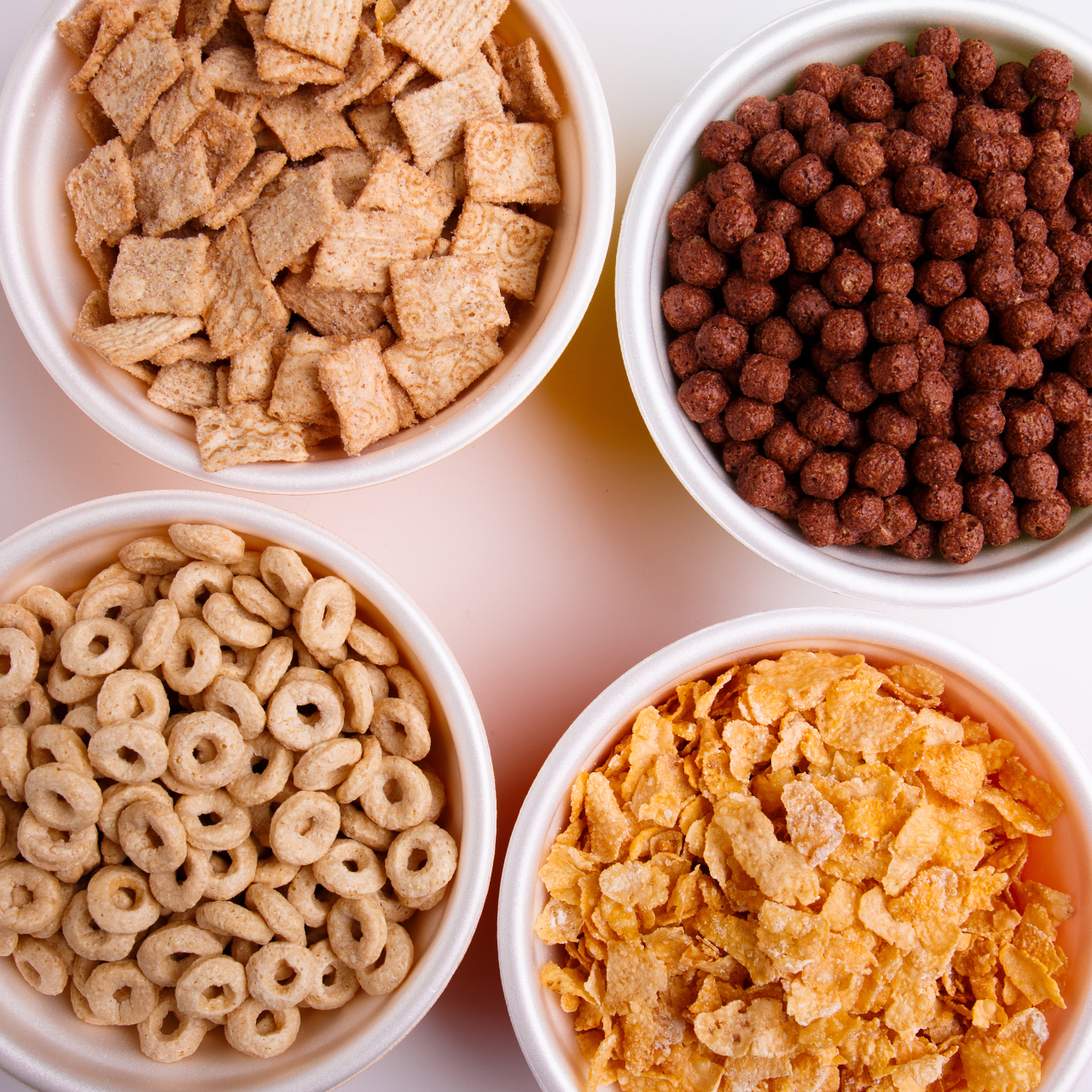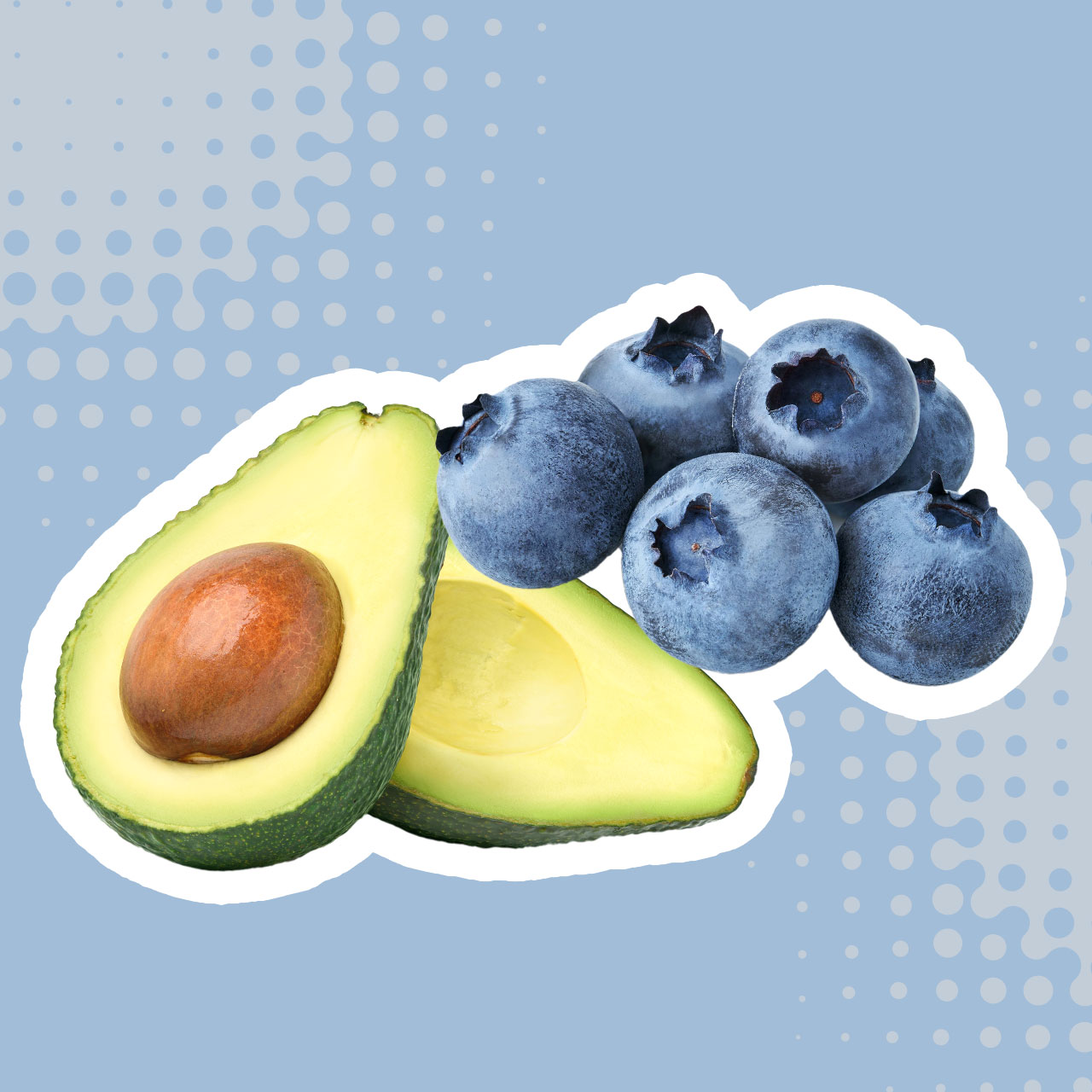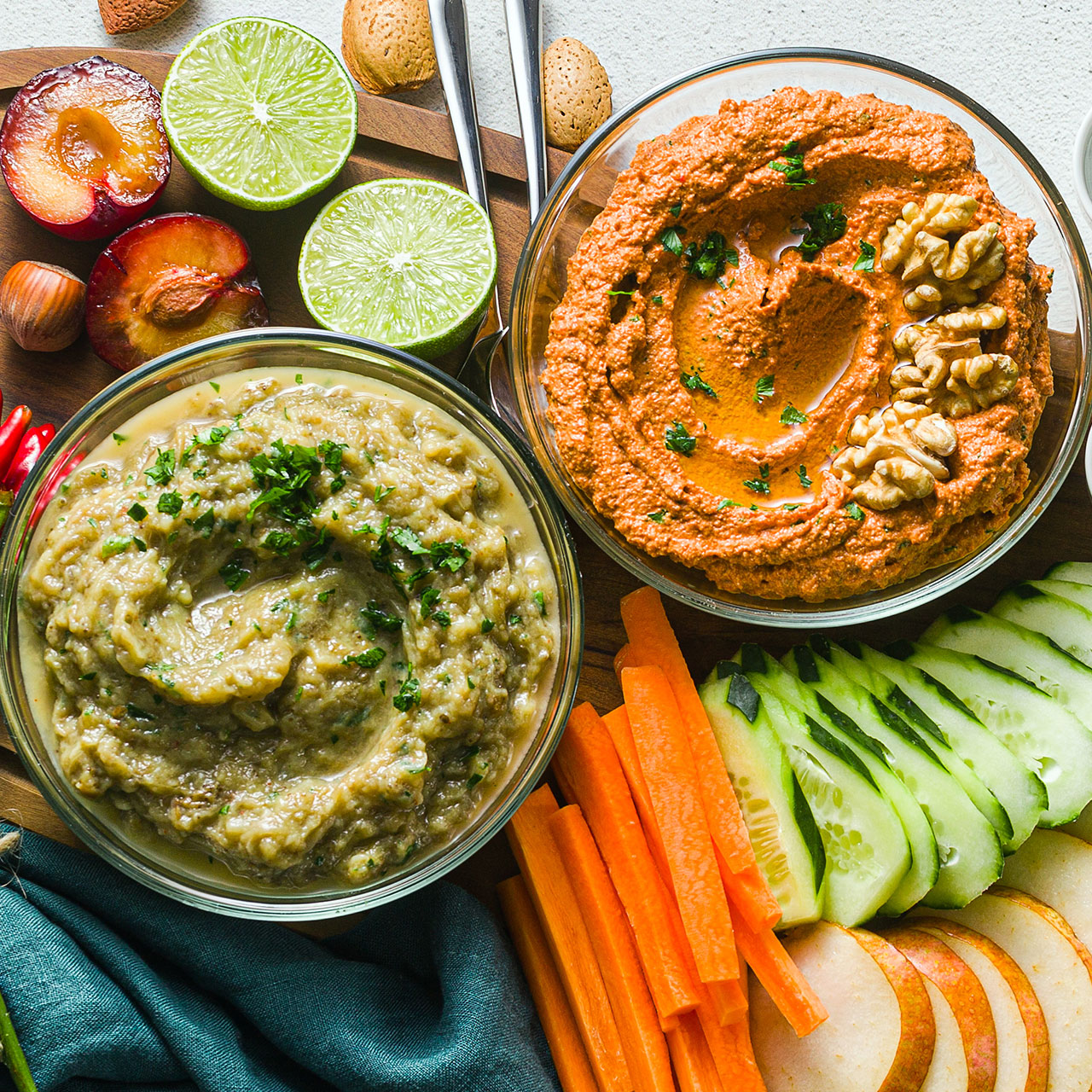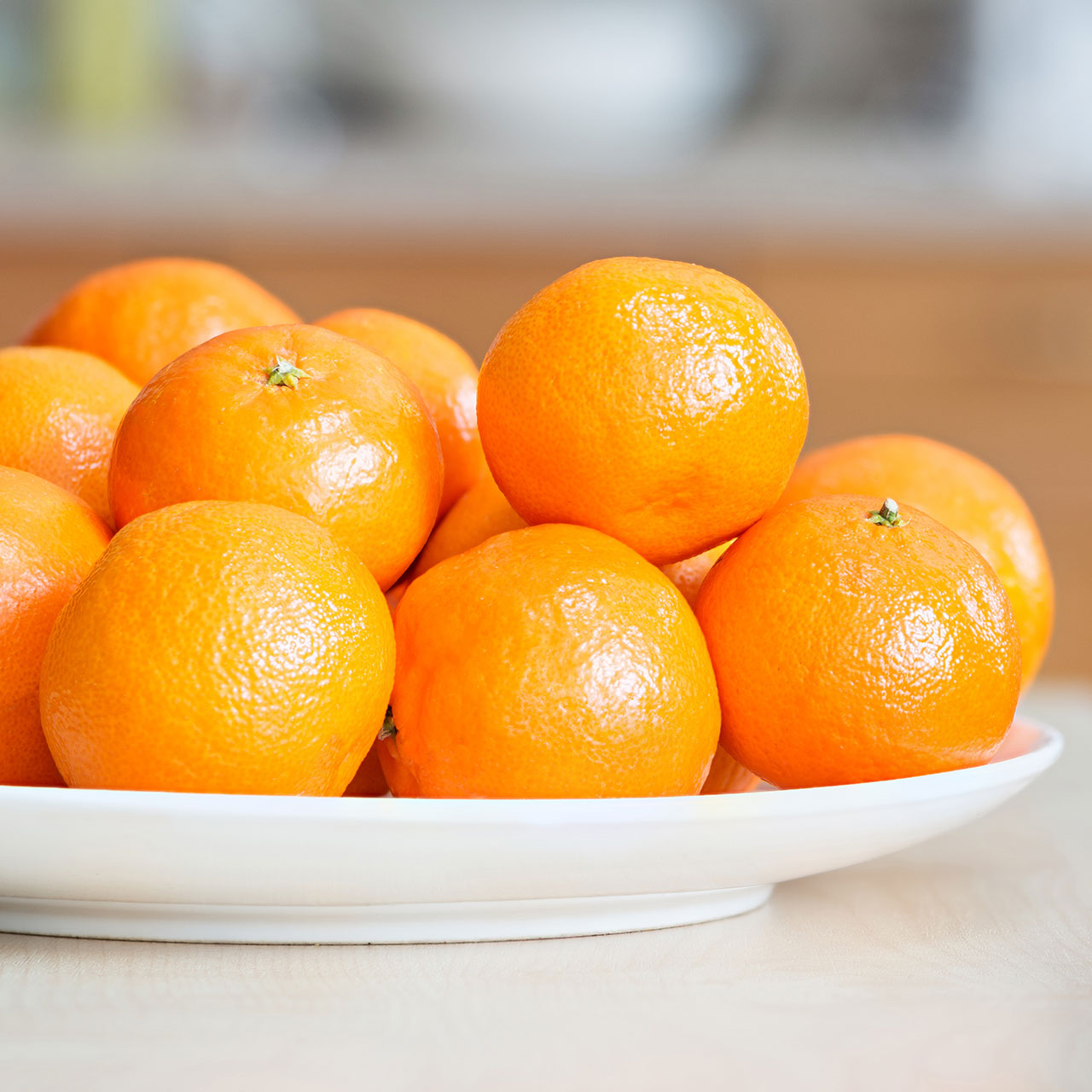There are many obvious foods that we all know we should eat less of when we’re trying to lose weight: sugary desserts, empty-calorie snacks like potato chips, fried foods, etc. However, even some of the foods that may seem healthy at first glance contain processed ingredients that can take a toll on your health—and hold you back from your weight loss goals. In fact, there’s one ingredient that health experts say you should always double-check nutrition labels for (and avoid) if you want to shed pounds as quickly as possible: high fructose corn syrup.
To learn more about why high fructose corn syrup can lead to weight gain, we spoke to nutritionist Lisa Richards, creator of The Candida Diet. She told us that this calorie-dense ingredient is hiding in many surprising foods. Find all of her expert insight below!
READ MORE:
4 Foods That Can Help Stabilize Your Blood Sugar, According To A Nutritionist
2 Fried Foods That Experts Warn Almost Always Lead To Weight Gain
The Most Dangerous Fad Diets That Experts Warn Put Your Health At Risk
A Doctor Tells Us Why You Need Antioxidants In Your Diet–And How To Get Them

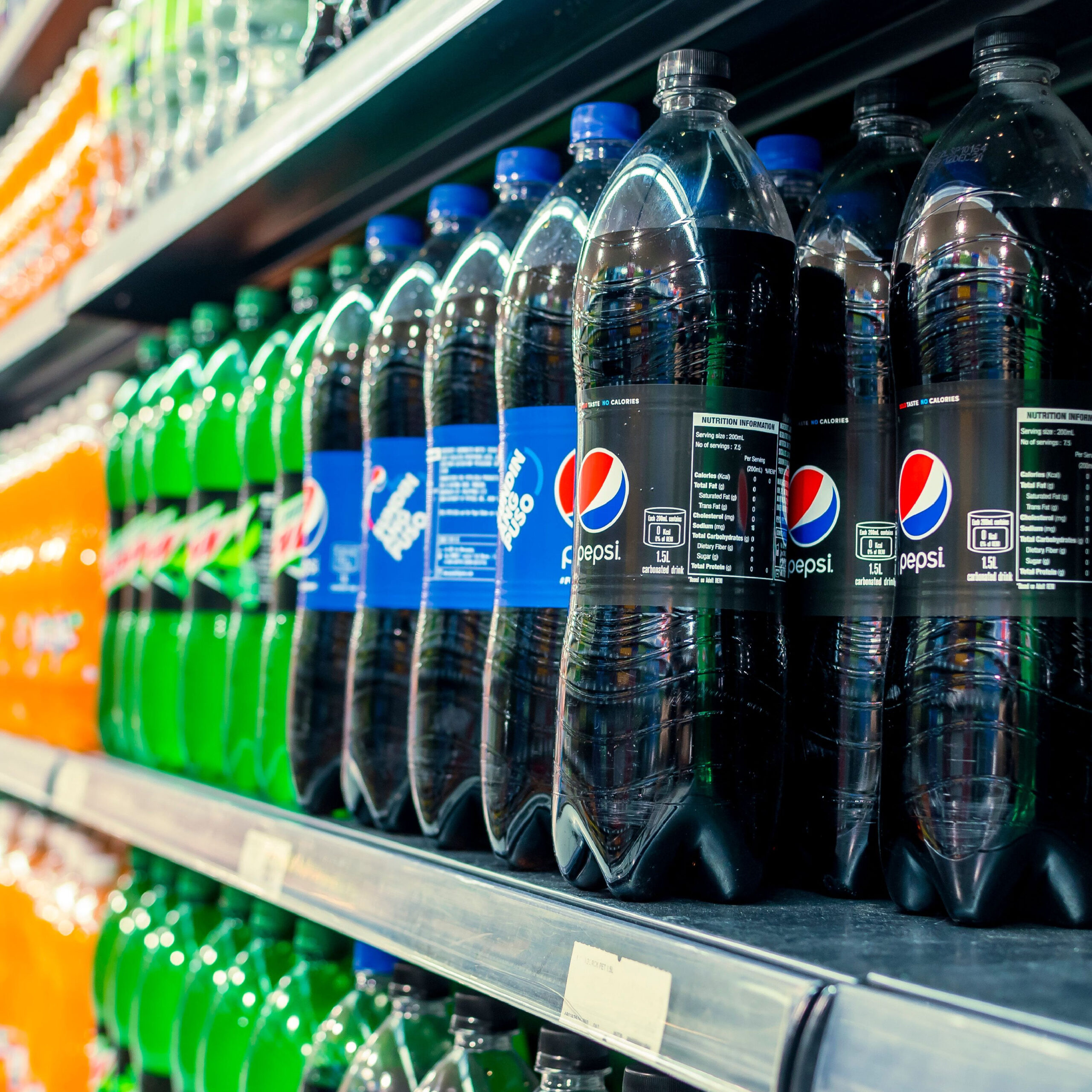
High fructose corn syrup (HFCS)
While you may already know to limit your intake of refined sugar, Richards says that high fructose corn syrup is one of the worst sneaky ingredients that could be working its way into your diet and holding you back from your weight loss goals. "HFCS is a type of sugar that is commonly used in many processed foods and beverages, such as soft drinks, candy, and baked goods," she explains. "It is cheaper and easier to use in manufacturing than regular sugar, which is why it has become so prevalent in the food industry."
However, since this ingredient is highly processed, it's one of the worst things you could put into your body if you're trying to slim down. Richards says one of the main reasons for this is the high calorie content. "The problem with HFCS is that it is a concentrated source of calories that can contribute to weight gain when consumed in excess," she tells us. In addition to all those calories, it could also cause you to overindulge: "Studies have also shown that HFCS can interfere with the body's ability to regulate hunger and lead to overeating," Richards goes on. And we all know that this is never a good thing if you're watching your waistline.

So, next time you're at the grocery store, check your nutrition labels. Keep an eye out not only for regular sugar, but also for HFCS. You may be surprised when you see it pop up in seemingly healthy foods. "It's important to read food labels carefully and look for hidden sources of HFCS in foods you may not expect, such as salad dressings, condiments, and even some types of bread," Richards points out.
If you want to keep your body as healthy as possible, your best bet is always to limit your intake of processed foods and ingredients like this one as much as possible. "By cutting out foods that contain HFCS and choosing whole, unprocessed foods instead, you may be able to reduce your overall calorie intake and promote weight loss," Richards concludes.





